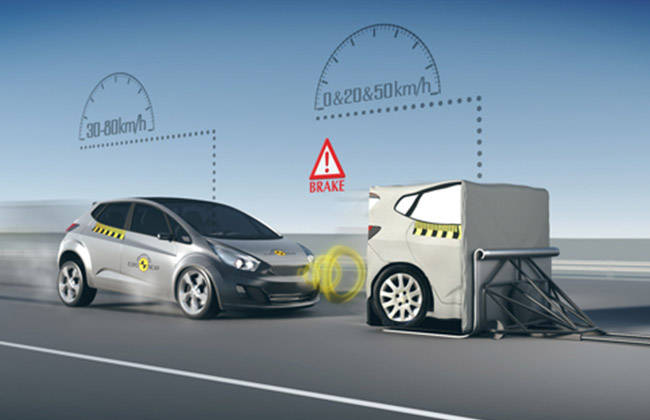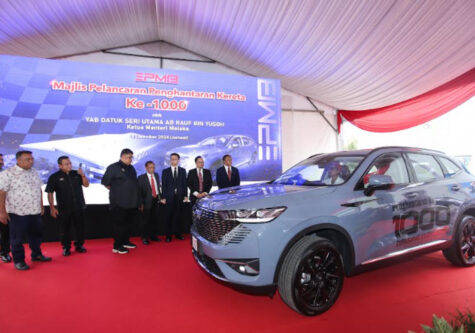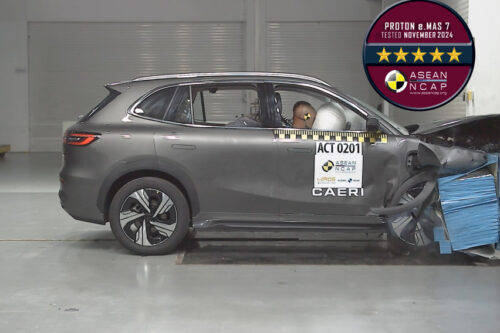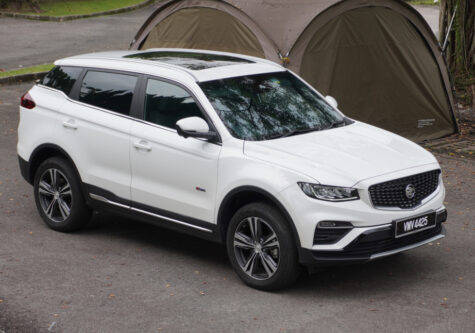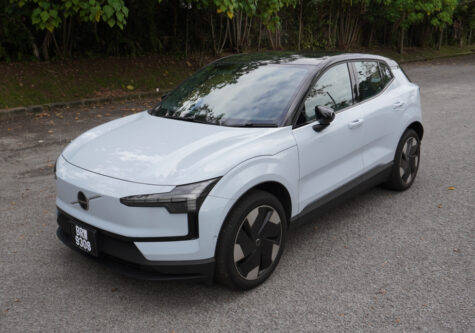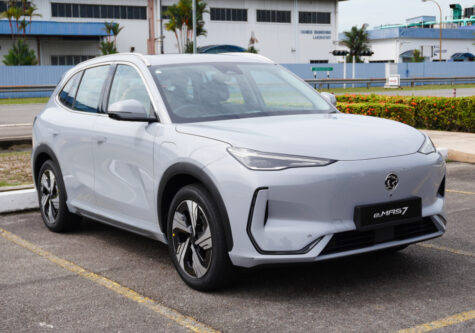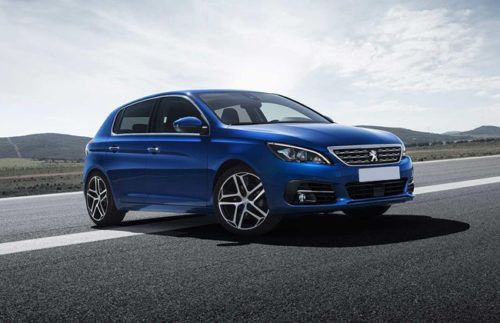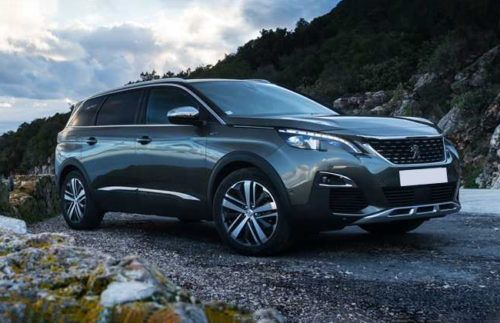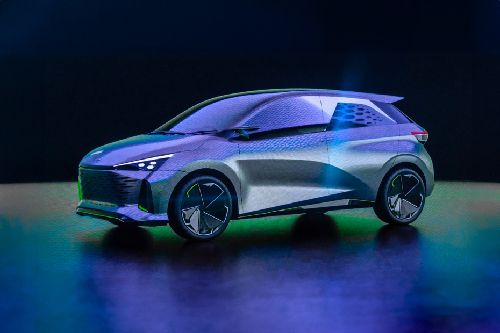Euro NCAP starts testing of Autonomous Pedestrian Detection

Kuala Lumpur: The worldwide recognized European safety organisation generally known as Euro NCAP is soon to introduce an all new test that will determine the efficiency of autonomous emergency braking (AEB) systems in the upcoming cars that can detect the pedestrians and stop the car to prevent the collision. This all-new test will make it easier for the consumers and the manufacturers to diagnose the working efficiency and practicality of the Autonomous Emergency Braking (AEB) technologies.
With the advent in safety technologies, carmakers are striving at their best to introduce more and more autonomous features in their cars to woo the consumers and accentuate the safety at the same time. The pedestrian detection system is currently being offered in a wide range of vehicles from hatchback to SUV's. As per the data released by Euro NCAP, latest versions of Volvo V40 and XC90, Audi Q7, BMW 2-Series, BMW i3, Lexus NX, Ford Mondeo, Mercedes C-Class, Mini Cooper, Volkswagen Passat and Toyota Avensis are offering such technologies. Therefore, the meticulous testing for the same has become an alarming cause for the Euro NCAP.
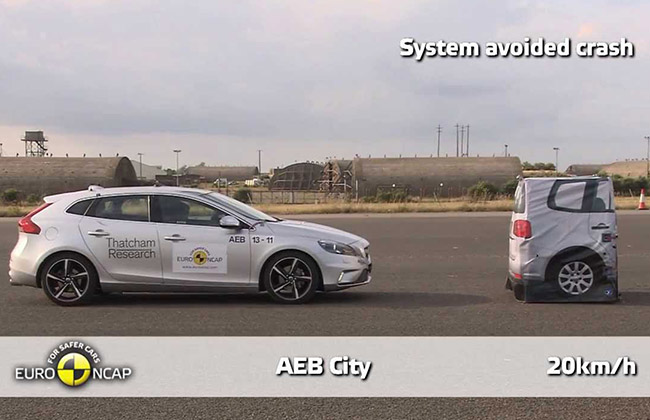
Euro NCAP Secretary General, Dr Michiel van Ratingen said that “These new tests are the first in the world to assess highly automated vehicle features and driver assistance systems from the pedestrian’s perspective. Many new cars now offer some form of AEB system that can help prevent car-to-car collisions, but only some are also able to detect pedestrians. By checking the results on Euro NCAP’s website, consumers will be able to verify manufacturers’ safety claims and choose the right AEB option.”

When it comes to buying a car, safety is the most important point to consider and with the recent innovations in the safety technologies in cars, they are now being loaded with a lot of advanced safety features. But what about the people walking down the street, in 2014, these vulnerable pedestrians accounted 47%, almost a half of Europe’s total 26,000 road deaths. Whereas in the case of Malaysia, as per the Malaysian Institute of Road Safety (MIROS), road accident deaths in Malaysia has an average of 18 people every day and estimates that the figure will rise to 29 by 2020. Therefore, the next generation car technologies are required at an alarming stage to reduce the death tolls.
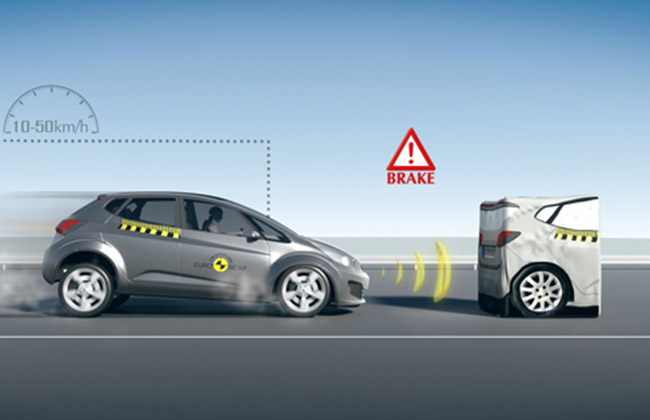
The major cause of the pedestrian deaths is the inability of the driver to brake at the right time. The unexpected arrival of pedestrian distracts the driver causing a human error of brake failure. In the case of AEB technologies, the use of lasers, cameras and advanced radar systems detect this unexpected event at a lightning speed allowing effective emergency braking, thus preventing collisons.
Euro NCAP will test the AEB systems in the test vehicles’ on the basis of certain simulations. The European safety rating organization will conduct the experiments in the most possible urban scenarios: a child stepping out behind a parked car and adults walking and running into the vehicle’s path in a hurry. The scoring of these vehicles will depend upon the efficiency to prevent such collisions with dummies at the challenging speeds of 40 -60 km/h. The test will also be conducted below 40Km/h to conclude the impact more survivable.
Sell your car at the best price
 Verified and genuine buyers
Verified and genuine buyers
Trending & Fresh Updates
- Latest
- Popular
You might also be interested in
- News
- Featured Stories
Featured Cars
- Latest
- Upcoming
- Popular
Latest Car Videos on Zigwheels

